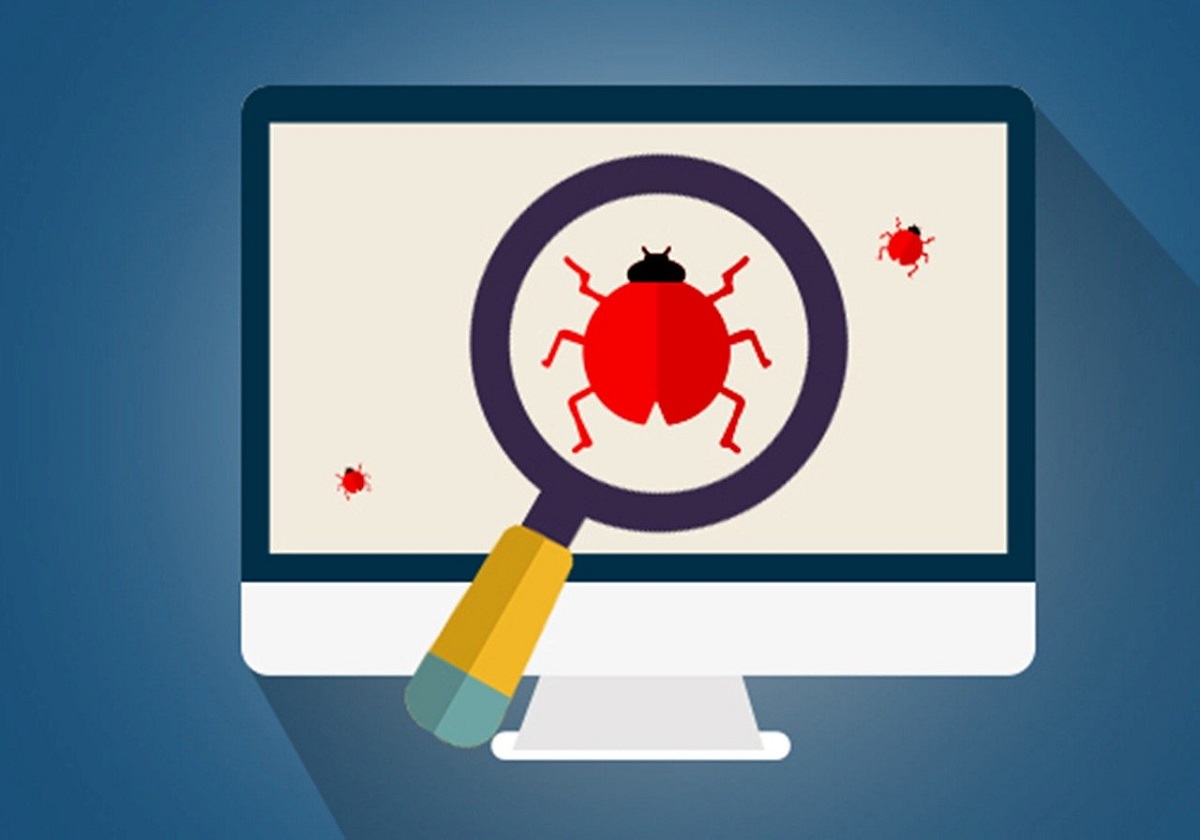The process of software testing involves analyzing particular software to understand the disparities between the conditions that currently exist and the conditions that are required. It also involves fixing the defects in the software and in evaluating the features of items in the software.
Such testing has the objective of not just finding defects in the existing software but in improving the software for increasing accuracy, efficiency, and usability of the software.
Software testing also helps businesses in finding an independent view and objective of software and in understanding the risks involved with software implementation. Through testing, businesses can meet all their technical requirements and respond to inputs.
Testers also understand if the software performs efficiently in the specified time and if it achieves desirable results.
Benefits of Software Testing
1) Testing Improves Quality
The most important characteristic for a software company is the quality of the product. It is an important consideration for the customers and they are ready to pay higher for better quality. Having software that is of good quality helps to build a higher brand image and reputation for the company.
2) Testing Ensures Customer Satisfaction
Every Company wants to make their customers happy and this is possible only if the product is reliable. If the client is not happy then businesses might have to invest more funds in improving the product so manual testing is important to keep quality intact. Thus, it is better to produce a better-quality product by testing.
3) Tested Products Ensure Higher Profits
A good quality product will need lesser marketing and will sell through word of mouth. This will reduce cost in promoting and increase profit through sales. Good software sells through recommendation and word-of-mouth which is a valuable asset.
4) Tested Products Reduce Cost for Business
A well-tested product saves money for the business. If the money is not spent on fixing the software, then this money can be used in other ways. Therefore, it is good to not compromise on the product quality which helps to save the additional money that could be spent on unplanned activities. Manual testing helps to reduce the number of unsatisfied customers and reduces unnecessary expenses.
5) User Experience
One of the most important features of the software is it should be comprehensible and simple to use. The easier to use these products is, the better. Testers help to make sure that software is logical and spontaneous. Better user experience can also be ensured by fixing errors and bugs.
6) Higher Customer Retention
Testing software ensures a higher quality product and this guarantees customer retention for businesses. A professional team that guarantees better product quality and a good user experience ensures delighted customers.
7) Business Optimization
Better quality software ensures business optimization with satisfied clients and fewer costs of error/ bug fixing. This ensures reliable products ultimately leading to improved business reputation
8) Improved Security
One of the most vulnerable and delicate parts of the software is higher security. As users look for better-trusted products, manual testing helps to reduce risks and problems associated with the software.
Skills Required for Becoming Software Tester
There are two types of skills required to become a successful tester. one is technical skills and the other is non-technical skills. Let’s get some detailed information about these 2 skills.
Technical Skills

1) Elementary Knowledge of SQL
An important database computer language, SQL is designed to manage and retrieve data in a relational database. Understanding SQL (Structured Query Language) is an important requirement for testing
2) Basic Knowledge of Linux Commands
Linux operating system is based on Linux kernel and all its commands are executed in Linux OS terminal. This terminal is similar to the Windows command prompt and is known as a Linux console.
This interface helps in performing administrative operations like manipulation of files, package installation, and user management.
3) Defect Management
One of the main aspects of testing is defect Tracking. This is critical in managing defects and is necessary as the whole team should be aware of defects. The useful tools include QC, Jira, and Bugzilla.
4) Knowledge of Test Management Tool
An important aspect is test management. These techniques prevent the software from failing. Test management involves managing the testing-related objects.
5) Knowledge of Automation Tool
An automation tester must be a master in all tools and should have in-depth and hands-on knowledge of the automation tools.
Non-Technical Skills

1) Ability to Communicate
Good verbal and written skills are important for a tester and they need to work on test cases/plans, bug reports, and test strategies. These reports should be easy to read and easy to comprehend.
2) Analysis of Customer Requirements
One of the basic requirements in manual testing is sharp analytical skills that help in breaking complex software systems. Sharp analytical skills also give better understanding and are useful in creating test cases.
3) Work should be Systematized
A good tester should be organized and should have higher productivity, efficiently manage workload, and should be systematic.
4) Ability to Provide Insights
A tester should have the ability to be detail-oriented and insightful. This will help him to suggest process improvements.
5) Open to Learning and Staying Updated about New Technologies
A tester needs to learn on the job and be focused on learning new technologies. This helps them keep ahead of their job.
How To Become A Professional Software Tester

Software testing can be learned with basic knowledge of programming but to become a professional tester, one should have a robust knowledge of OOPs concepts. Understanding inheritance, composition, interface, abstract class, developing pages, knowledge of annotations is also important.
At an advanced level, a person needs to have a broader understanding of testing software and should have relevant experience. As they reach the expert Level, certifications can be acquired in test management. These certifications include ISTQB, CAST, CSTE, Seed Infotech, Qspiders Software Testing, and V Skills among others.
The Career Path of Software Tester

1. Starting Level Tester
The starting level is that of a junior tester with one to two years of manual testing experience. They execute tests, report bugs, and defects, design simple test cases, and help with quality assurance activities
2. Mid-Level Tester
With more experience in testing and better understanding, one h=gains experience of software is constructed. From here, we move to the stage of the mid-level tester who has 3-4 years of testing experience. They have the responsibility of executing tests, report bugs/defects, design test cases, and getting involved in quality assurance activities
3. QA Consultant
The consultants add value with the experience and knowledge. They identify problems and suggest improvements and teaching tools. They also teach to adapt to processes and other methodologies.
4. Test Leader / Test Manager
The management roles are being in charge of organizing work and assigning testers for specific tasks. They are involved in communication and leadership roles and they require good organizational skills.
5. Test Automator
These testers are in charge of technical testing tasks. They have the expertise and are can perform technical test cases. They help to automate repeatable tests and have extensive knowledge of operating systems, databases, and servers and they focus on performance and security.
Automate Career Option
An exciting career option for testers is that of an automation developer.
A Software Testing Professional can further his skills and work in automating the testing tasks. This will help in becoming an automation developer/engineer whose main role is to automate manual test cases.
To become equipped with automation technologies, a tester needs to get hands-on experience with tools like IBM Rational Robot, Silk performer, and QTP.
Companies Hiring Software Testers
The average salary for an entry-level Tester is approx. Rs. 2 lacks per annum. A mid-level tester with 1-4 years of experience can expect a total compensation of Rs. 3.5 lacks per annum. A Software Tester with 4-8 years of experience can expect compensation of Rs. 6 lakhs per annum and experienced Testers with 9-18 years of experience have average compensation of Rs. 10 lakhs per annum.
The Key Companies Hiring Testers are
- HCL Technologies Ltd. (Average salary – Rs. 4.5 LPA)
- Tata Consultancy Services Limited (Average salary – Rs. 3.7 LPA)
- Cognizant (Average salary – Rs. 5 LPA)
- Accenture Technology Solutions (Average salary – Rs. 4.1 LPA)
- Infosys Limited (Average salary – Rs. 5.2 LPA)
Future of Software Testing
As manual testing is incorporating technology, it is estimated that automated testing will be the future. Another important development will be a continuous quality culture within automated testing. The DevOps mindset will include smarter tools.
The gap that is created between automated and manual testing will be fulfilled through test-generation tools. Additional testing will improve the quality of software but for increasing productivity, machine learning could be dynamically employed.
FAQs

- What is the minimum qualification for becoming software testing professional?
Such professionals should have a bachelor’s degree in information technology or computer science. But candidates with master’s degrees are preferred by employers.
- Is software testing a good career choice?
Yes, it is a good profession. It can give you great career growth and good remuneration
- What are the best types of software testing tools and software?
The best types of tools are Selenium, TestingWhiz, Ranorex, TestComplete, Telerik TestStudio, Watir, Katalon Studio, Tosca Testsuite, etc.
- Which companies are best for software testing professionals?
The good companies for professionals are NEX SoftSys, QArea, DeviQA, TestFort, A1QA, TestingXperts, Abstracta Inc., ClicQA, Galaxy Weblinks, QA Madness, BugRaptors, QA Mentor, QATestLab, Cigniti Technologies Limited, QAWerk, QASource, QualiTest, ThinkSys, etc.
- What is the lifecycle in software testing?
- Requirement Analysis
- Test Planning
- Test Case Development
- Test Environment Setup
- Test Execution
- Test Cycle Closure
- Which courses are best in software testing?
- Green Belt – The Knowledge Academy
- iSQI Practitioner in Agile Quality – TSG Training,
- ISTQB Software Testing Foundation – Reed,
- Software Testing Short Course – The University of Oxford,
- Troubleshooting and Debugging Techniques by Coursera,
- What salary does a software tester get?
The average salary of a software tester is Rs. 8 – 10 LPA.
- How long does it take to get software testing certification?
After finishing a certification and getting results, the certificate can be downloaded from the Candidate Portal.
Software Testing Training at LogicRays Academy
Software testing as a career has become extremely important with more and more students investing in this profession. LogicRays Academy is one of the best IT companies that provide professional software testing training courses in Ahmedabad which includes manual testing training and automation testing training. The mentors at LogicRays have many years of industry experience.
They offer a wide variety of training courses with live training in certification courses like Web & Graphic Design, Python, PHP, etc. They have tie-ups with leading IT companies for better placements for testers with different experiences and expertise








